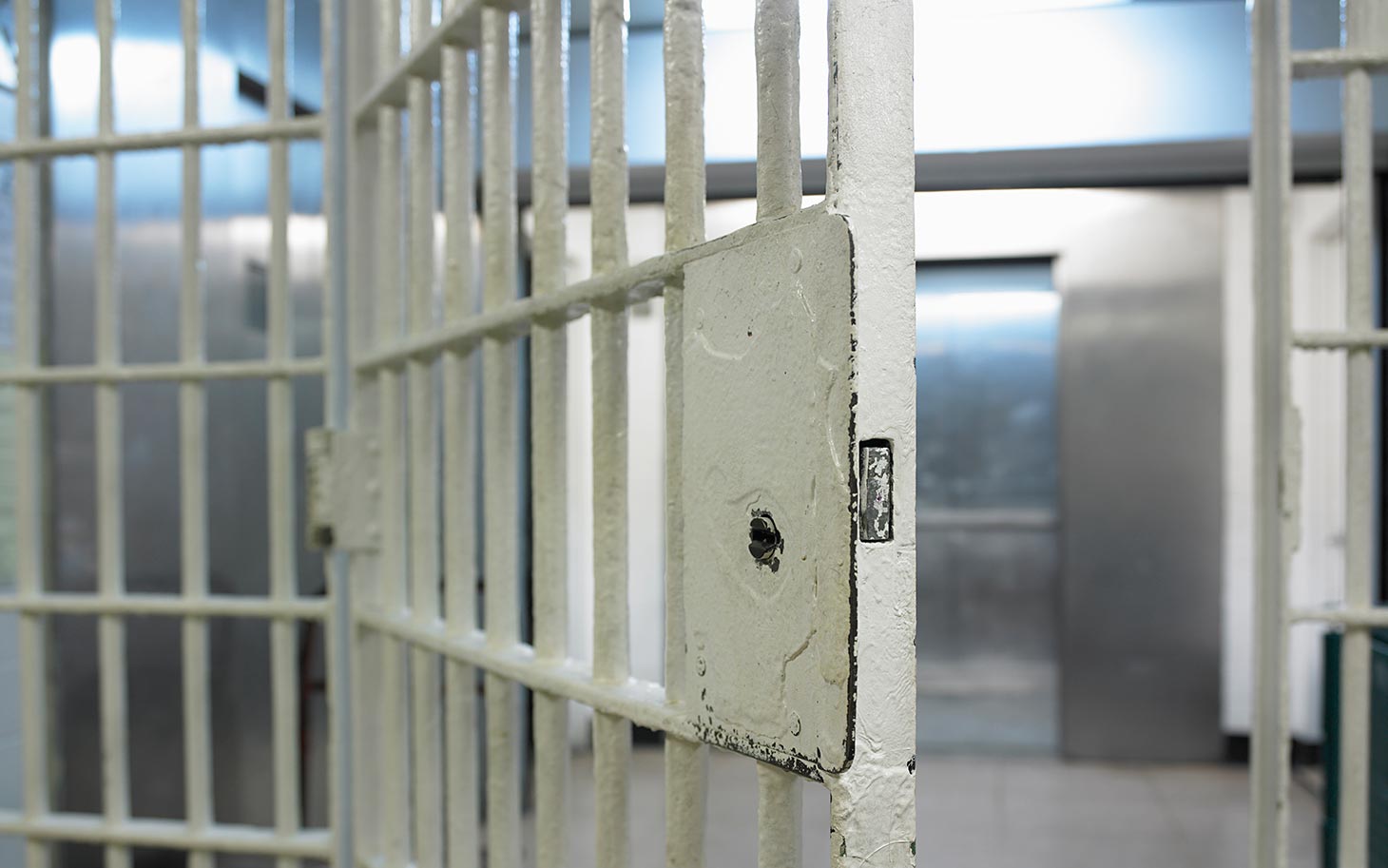The National Institute for Crime Prevention and Reintegration of Offenders (NICRO) has expressed concern over the current state of the South African parole system, suggesting correctional services were struggling with a crisis of prisoners who were not properly rehabilitated. They called for more effective ways of integrating parolees back into society.
The issue of parole has taken centre stage in the past few weeks, following a failed application by former apartheid police colonel Eugene de Kock, also known as ‘Prime Evil’. Reports have also suggested that the ‘Station Strangler’, Norman Afzal Simons, may be eligible for parole after nearly 20 years in prison.
Of the 168 000 prisoners currently sitting in South African jails, more than 23 000 are released back in society each month. However, according to NICRO CEO, Soraya Solomon, the country was facing an enormous challenge, with that number being trumped by the 25 000 former prisoners being re-incarcerated each month.
Parole is defined as an “internationally applied process of ensuring offenders returned to society in a responsible manner, at the most appropriate stage of their sentence”. Thorough assessments were conducted on prisoners, to ensure they did not pose any threat to society, upon their release.
“It’s really a complexity of reasons why, or whether the prisoner should be released or not,” she said.
However, she questioned whether the manner in which prisoners were reintegrated into society was effective enough to keep them from returning to jail. According to her, NICRO were currently looking at new and innovative ways of providing incentives for parolees that would keep them out of prison.
“What we are busy implementing is what we call social enterprises, where prisoners can get out of prison and be employed as part of their rehabilitation process,” she noted.
Solomon also rejected suggestions correctional services were using parole as a method to lessen the burden of overcrowded prisons, insisting they were very careful when it came to the granting of parole.
“But we also need to understand, prisoners do not stay in prisons forever. They will have to be released at some point back into society, and we have to take a hands-on approach,” she said. VOC (Mubeen Banderker)






 WhatsApp us
WhatsApp us 

